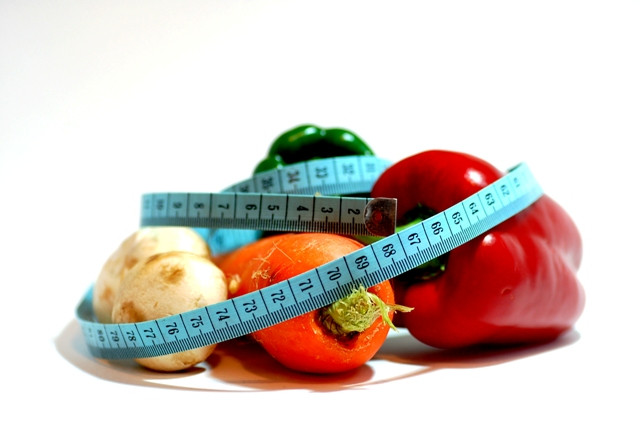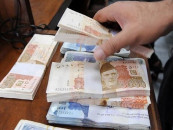Ramazan diet: ‘Avoid sugar-laden foods, exercise regularly’
Experts outline ideal sehri, iftar menus; suggest having high-quality protein, plenty of water.

Experts outline ideal sehri, iftar menus; suggest having high-quality protein, plenty of water.
Individuals observing the holy month of Ramazan should focus on the quality of foods they eat rather than the quantity and exercise regularly, said health experts while speaking to The Express Tribune on Saturday.
Diets should contain high-quality protein while the amount of fat, spices and food rich in sugar and salt should be lowered, said the experts.
“There is a common belief among our people that eating more during sehri and iftar will keep them strong and reduce hunger throughout the day, which is incorrect,” said Shifa International Hospital Consultant Nutritionist Dr Rezzan Khan.

Dr Khan said that fatty food was harder to digest and made one feel lethargic and thirsty. She recommended that Ramazan observers consume at least eight glasses of water daily while exercising regularly during the month.
Dr Khan said that on average, children aged nine to 12 who are fasting should consume around 1,600 calories per day, teenagers 2,500 calories per day and active males at least 2,200 calories per day. Meanwhile, active females should consume 1,400-1,600 calories daily, lactating mothers at least 1,900 calories daily and expecting mothers 1,800 calories daily, she added.

Sehri, iftar menu
Dr Khan recommended beginning and ending sehri with two glasses of water. In between, she suggested having one to two dates, one whole grain roti or bran roti, yoghurt, a glass of milk or a light cup of tea or coffee, small portions of chicken, fish, meat or egg and one fruit, ideally an apple or a pear.
“During sehri, strong tea or coffee and food containing concentrated sugar should be avoided,” she said.
For iftar, Dr Khan suggested one to two dates followed by a light soup, a glass of katchi lassi, lemonade, or fresh juice, dry fruits including apricots and raisins, nuts, fruit chart and beans.
Unfortunately in our society, people cannot do without large quantities of pakoras, samosas and channa chat during iftar, she added.
Health Awareness Society Director Dr Samia Baber said that dinner should not be consumed too late during Ramazan. “Dinner should be taken within an hour or two after iftar, and should not be too heavy,” she said.
Digestion can be improved exercising for half an hour either just before iftar or shortly after it, she added.
“Contrary to popular belief, eating pakoras, parathas, samosas and consuming greater quantities of sharbat does not revitalise one’s lost energy and contributes to weight gain,” said Dr Baber.
She believed that Ramazan offered the best opportunity for people to shed their bad habits, including those who want to quit smoking and chewing gutka.
Published in The Express Tribune, July 14th, 2013.


















COMMENTS
Comments are moderated and generally will be posted if they are on-topic and not abusive.
For more information, please see our Comments FAQ